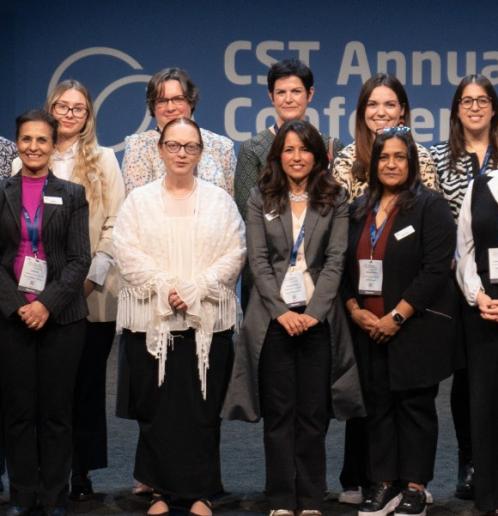
Our work
As a membershp organisation, the school trusts we represent are central to everything we do. We regularly meet with trusts leaders across the country, and represent their views to the people that can make a difference.

Our people
Our friendly team provide support, guidance, and services to our member trusts and the wider school sector. Meet our staff and our consultants.

Our governance
CST is a registered charity, supporting school trusts across England. We have a board of trustees drawn from the sector who set our strategy and overall approach, with a leadership team that oversees day to day operation.

Partner with CST
We connect our members with carefully-selected partnership organisations, and offer the chance to exhibit at many of our conferences and events.

